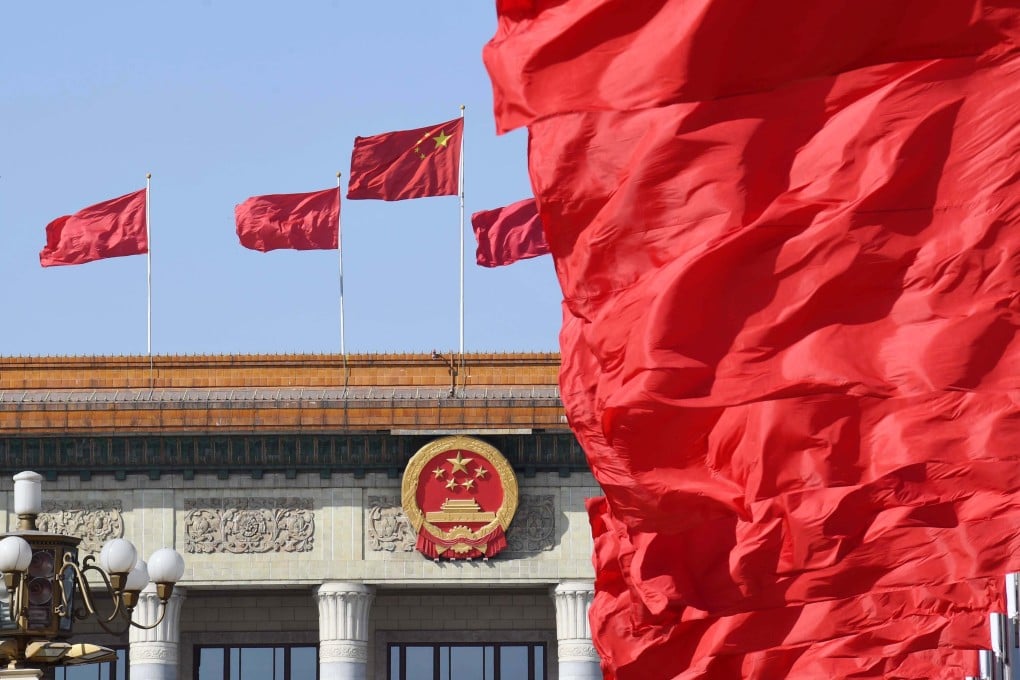Beijing extends Hong Kong’s Legislative Council term by ‘at least one year’ but kicks ball back to Carrie Lam to decide how disqualified lawmakers can continue their duties
- ‘My understanding is that all serving lawmakers can stay on in the extended term,’ says National People’s Congress delegate who sat in on meeting
- But questions of how precisely to carry out the NPCSC mandate have been left for the city government to hammer out

However, in announcing the resolution approving the extension, the National People’s Congress Standing committee on Tuesday steered clear of deciding the eventual fate of the four, effectively throwing the ball back to the Hong Kong government, which had turned to it for resolution.
It will now be up to the city’s government to decide whether the four – Alvin Yeung Ngok-kiu, Kwok Ka-ki and Dennis Kwok of the Civic Party, and the accountancy sector’s Kenneth Leung – can continue in their roles without any conditions or will have to meet certain obligations, such as retaking their oath of allegiance to Hong Kong’s mini-constitution the Basic Law.
Pro-Beijing lawmakers welcomed the decision, framing it as an amicable way out of the lacuna, but the city’s opposition camp was unimpressed.

01:25
China’s top legislative body extends Legco by ‘not less than one year’
Civic Party chairman Alan Leong Kah-kit accused Beijing of taking the “least controversial approach” after local authorities triggered a political storm by disqualifying 12 hopefuls from September’s Legislative Council elections, before then delaying the polls by a year citing the coronavirus pandemic.
In a joint statement, 22 pan-democrat lawmakers criticised Beijing’s move, arguing that by extending the Legco term by at least a year, it had contravened Article 69 of the Basic Law, which states that each term should last only for four.